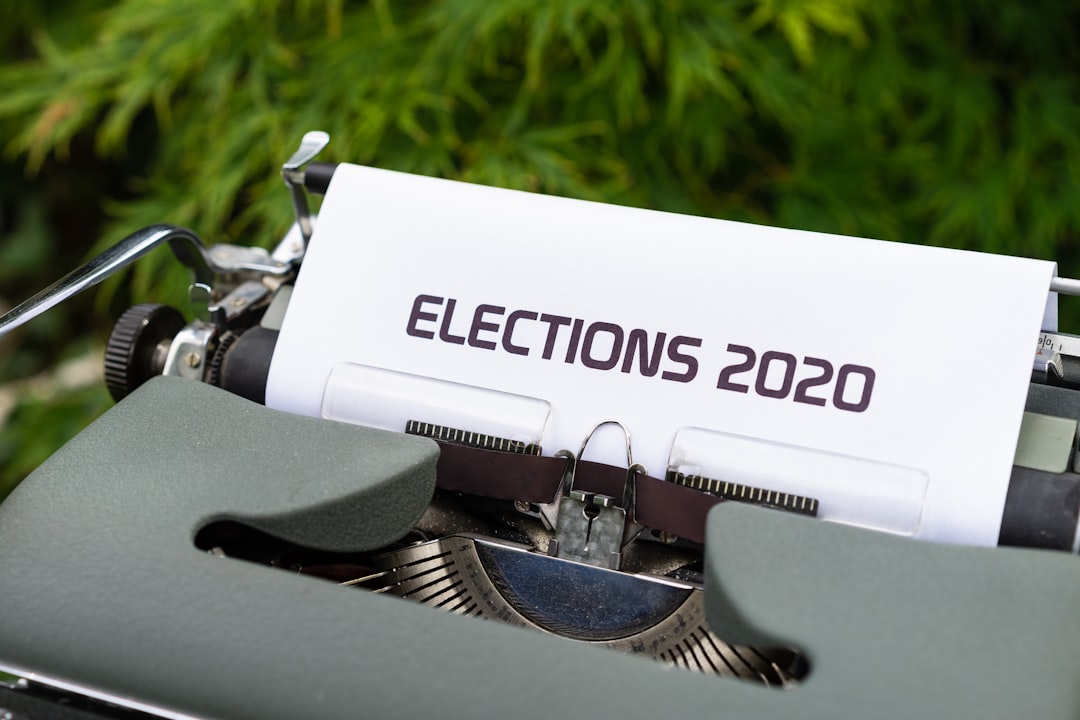“`html
AI’s Rising Influence in the 2025 Election Cycle
The landscape of political campaigning is undergoing a seismic shift, largely driven by advancements in Artificial Intelligence (AI). Looking ahead to the 2025 election cycle, we’re likely to see AI playing an even more significant role than ever before. This isn’t just about fancy algorithms; it’s about fundamentally changing how candidates connect with voters, craft their messages, and even manage their campaigns.
Why This Matters: The Power of Personalized Persuasion
The core reason AI is gaining traction is its ability to hyper-personalize messaging. Gone are the days of generic campaign ads. AI can analyze vast amounts of data – social media activity, voting records, online behavior – to understand individual voters on a granular level. This allows campaigns to craft messages that resonate deeply with specific demographics and even individual voters. Imagine receiving an ad tailored not just to your age and location, but also to your specific interests and concerns, gleaned from your online footprint. That’s the power of AI-driven personalization.
This level of personalization can significantly impact voter turnout and candidate preference. By addressing voters’ unique needs and concerns directly, campaigns can build stronger connections and increase their chances of swaying undecided voters. Furthermore, AI helps streamline campaign operations, freeing up human staff to focus on strategic initiatives and direct voter contact.
Impact: From Data Analytics to Deepfakes
The impact of AI on election campaigns spans a wide range of areas, from data analysis to potential manipulation.
Data Analytics and Voter Targeting
AI excels at processing and analyzing massive datasets. Campaigns are using AI to identify potential voters, segment them into target groups, and predict their voting behavior. This allows them to allocate resources more effectively and focus their efforts on the most persuadable individuals. Think of it as a sophisticated version of traditional polling, but with far greater reach and accuracy. AI can pinpoint specific issues that resonate with particular voter segments, allowing campaigns to tailor their messaging for maximum impact.
Automated Content Creation
Creating compelling content is crucial for any successful campaign. AI-powered tools can automate the creation of social media posts, blog articles, and even video scripts. This allows campaigns to generate a high volume of content quickly and efficiently, keeping their message consistently in front of voters. While human oversight is still essential, AI can significantly reduce the workload and free up campaign staff to focus on other tasks.
Chatbots and Voter Engagement
AI-powered chatbots are becoming increasingly common on campaign websites and social media platforms. These chatbots can answer voters’ questions, provide information about candidates and their platforms, and even register voters. This allows campaigns to engage with voters in real-time and provide personalized support, building trust and fostering a sense of connection.
The Dark Side: Deepfakes and Disinformation
While AI offers numerous benefits, it also poses significant risks, particularly in the form of deepfakes and disinformation. Deepfakes are AI-generated videos that can convincingly depict people saying or doing things they never did. These fake videos can be incredibly damaging to a candidate’s reputation and can even influence the outcome of an election. The spread of disinformation, already a major problem, is likely to be exacerbated by AI-powered tools that can generate and disseminate false information at scale.
Efforts to combat deepfakes and disinformation are crucial. This includes developing technologies to detect and flag fake content, as well as educating voters about the dangers of online misinformation. Fact-checking organizations and media literacy initiatives will play an increasingly important role in ensuring that voters have access to accurate information.
Future Outlook: Navigating the Ethical Minefield
Looking beyond 2025, the use of AI in election campaigns is only likely to increase. As AI technology continues to advance, campaigns will find new and innovative ways to leverage its power. However, this raises important ethical questions that need to be addressed.
Regulation and Transparency
There is a growing call for regulations to govern the use of AI in political campaigns. These regulations could address issues such as data privacy, transparency in political advertising, and the use of deepfakes. Ensuring transparency in how AI is used is crucial for maintaining public trust and preventing manipulation. For example, requiring campaigns to disclose when AI is used to generate political ads could help voters make informed decisions.
AI Ethics and Responsible Use
Beyond regulation, there is a need for greater awareness and ethical guidelines around the use of AI in politics. Campaigns should adopt responsible AI practices, ensuring that their use of AI is fair, transparent, and accountable. This includes avoiding the use of AI to spread disinformation, manipulate voters, or discriminate against certain groups. A robust ethical framework, combined with practical guidelines, is crucial for ensuring that AI is used for the benefit of democracy, not to undermine it.
The Need for Media Literacy
Ultimately, the success of AI-driven campaigns hinges on the ability of voters to critically evaluate information and resist manipulation. Media literacy education is essential for empowering voters to distinguish between real and fake news, identify biases in political messaging, and make informed decisions. This includes teaching voters how to spot deepfakes and other forms of AI-generated disinformation. A well-informed electorate is the best defense against the potential harms of AI in politics.
The future of election campaigns will undoubtedly be shaped by AI. By understanding its potential benefits and risks, and by taking steps to regulate its use and promote media literacy, we can ensure that AI serves to strengthen, rather than undermine, our democratic process. The challenge lies in harnessing the power of AI for good while mitigating its potential for harm. This will require a collaborative effort involving policymakers, technology companies, media organizations, and the public.
For more information on the impact of AI in politics, consider researching reputable news sources like BBC News or Reuters. These organizations provide in-depth coverage and analysis of the latest developments in this rapidly evolving field. Additionally, the Brennan Center for Justice offers valuable resources on election security and integrity: Brennan Center for Justice.
“`

